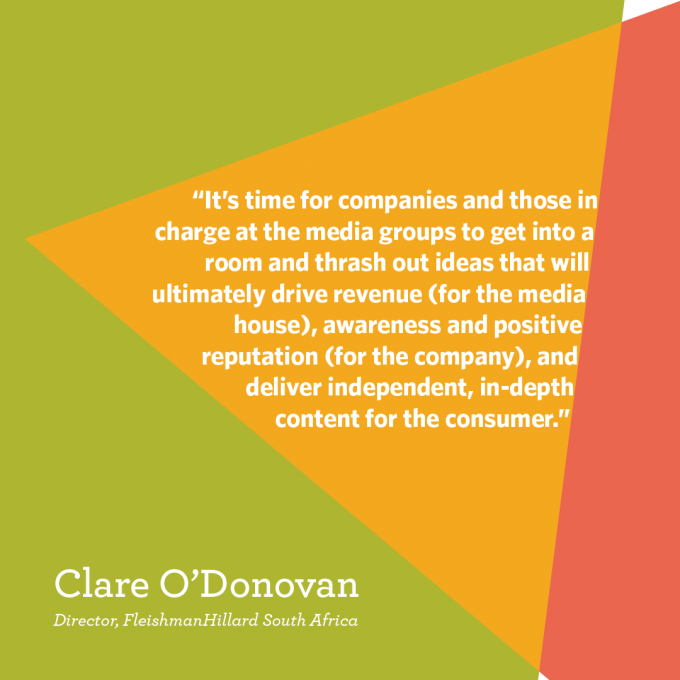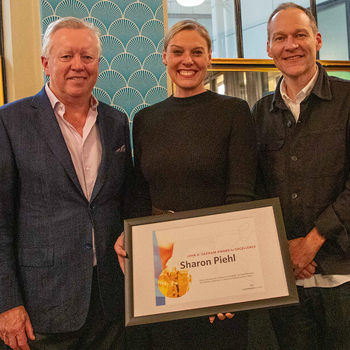The Sunday World has closed, where to from here?
South Africa’s media is facing tough times, and with the announcement of Sunday World closing, the South African National Editors Forum (SANEF) has called for media houses to think “creatively and responsibly about implementing new, sustainable business models.” Yet corporates still rely on journalists to cover events, print their opinion pieces and publish content that serves in the public interest. So likewise, we call for South African corporates to consider new ways of working with the media as part of a 360-degree, holistic communication approach.
With media houses not replacing staff and journalists pushed for time, the unfortunate reality is that we can expect limited in-depth reporting on the topics that matter. So, in a world where corporate reputation is largely driven by perception, what does the future hold, and what should corporate SA be considering.
Social media – the truth won’t always win out
Social media will (continue to) take up the mantle of holding corporates accountable. With one big difference. Social media users are not held to account by the Ombudsman, and there is little to no recourse for the slander, hate speech and vitriol we often see. The difference is that when we have media who are knowledgeable in niche sectors and well-resourced, the truth will win out through media reporting. When this is no longer available, the perception driven by social media will thrive.
Look at content hubs
We can’t rely on the media to get it right all the time, and it’s up to us as communication practitioners to use the full spectrum of communication tools to land the company message, correct misperceptions and respond during times of reputation threats. News breaks on Twitter, media houses are understaffed, and the remaining news environment is ultra-competitive. It is only natural then to expect media to cover what’s making a noise on social media, to react to those who shout loudest and to publish stories they know will drive website traffic.
This means that the public who are looking for information around topics of interest will cast the net wider than news sources, presenting an opportunity for companies to develop content hubs (outside of the website) to house information relating to the macro issues of interest.
Consider partnerships as part of the communication environment
Independent, reliable information that is representative of all industry players is still needed to drive brand reputation, communicate the brand standpoint and educate the public around pertinent issues.
If the traditional media business model can’t deliver on that anymore alone, then companies should enter into partnerships with media houses to make it possible.
There are smart ways that companies and media houses should collaborate – using to best effect all the communication channels already existing in the media stable. It’s time for companies and those in charge at the media groups to get into a room and thrash out ideas that will ultimately drive revenue (for the media house), awareness and positive reputation (for the company), and deliver independent, in-depth content for the consumer.
It is not impossible for corporates and media to co-exist and for both to get what they need and want. As in any negotiation or contractual agreement, it’s just about understanding the boundaries and expectations, and finding a creative solution.
Written by: Clare O’Donovan, Director and Crisis Specialist at FleishmanHillard South Africa

Find Out More
-
Digital Insights Bulletin - October 2024
October 31, 2024
-
Sharon Piehl Wins 32nd Annual John D. Graham Award for Excellence
October 25, 2024
-
Digital Insights Bulletin - September 2024
September 30, 2024



